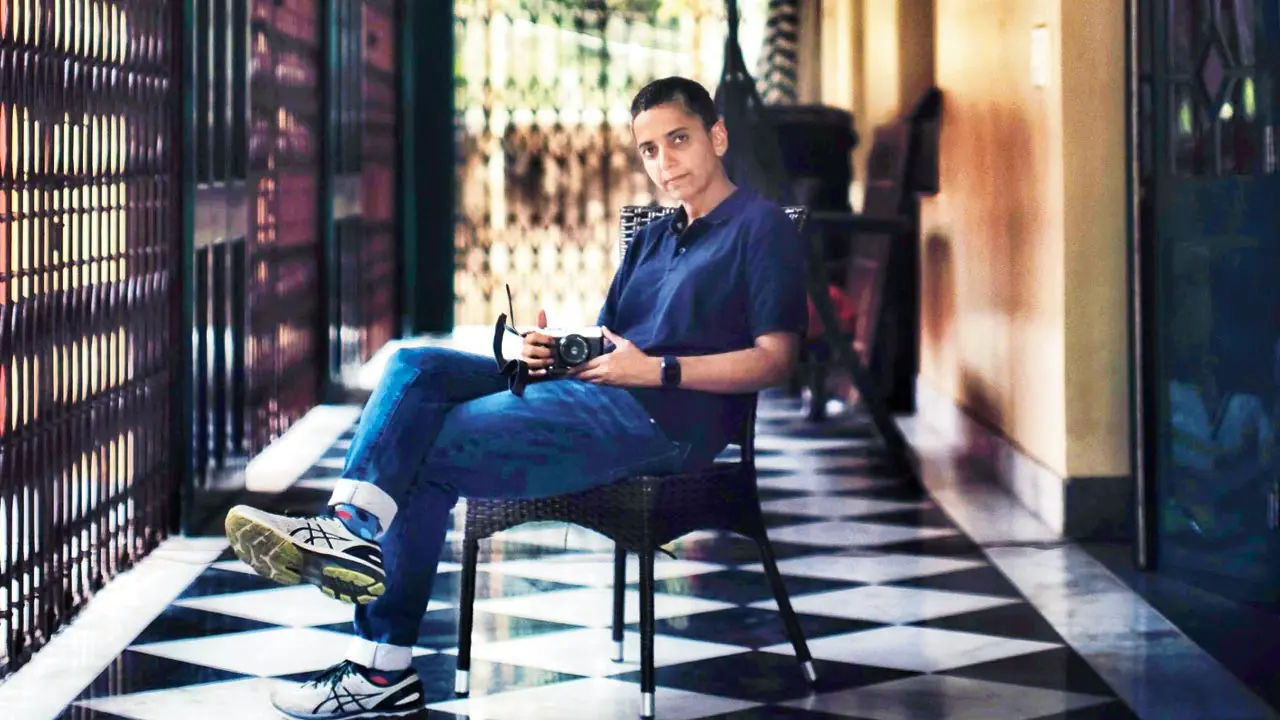
Curiosity killed the cat — we’ve often heard this idiom. But the full idiom reads: Curiosity killed the cat, but satisfaction brought it back. That’s exactly what happened when director Ayesha Sood decided to study and showcase the lives of nine transgender and non-binary individuals across India with her docu-series, In Transit.
Produced by Tiger Baby, the series traces stories of identity, love, and self-expression through uniquely Indian lenses. From a young educator in Tripura to a classical musician in Bangalore, the series spans geographies and generations with cultural specificity and emotional depth.
Sood shares that filmmakers Zoya Akhtar and Reema Kagti reached out to her with the idea of building a docu-series in this world. Reason? “Because I have a deep curiosity about gender, sexuality, and women’s representation. I’ve spent my life examining those systems in my own personal life, and it has been a long process.” Sood spent almost a year and a half in research. “[We spoke to] a team of journalists, academics, and people who work in the community — transgender activists. We started by teaching ourselves. From history, the legal aspects, mythologies to its context in India,” says the director.
Siddharth, Rie, Rumi and Anubhuti
For eons, people incorrectly represented non-binary individuals, and it was a world that was not easily accessible. “If you can imagine, writing about or making a series about a gender is like saying, ‘Let’s make a series about women.’ The question that poses is: which women? So first, it was a process of learning and teaching ourselves through communication and conversations. Once we got access, we found the names of many of our characters and built a long list, which had a wide array of stories and characters. Then it became about how we structured our series. We talk about identity, your place in the world, relationship with your family, finding love, hopes, and dreams. Then we started filtering. It also depended a lot on the courage and ability that these nine characters had to tell their stories. It was a combination of a lot of things [that made this docu-series possible].”
The director of Indian Predator: The Butcher of Delhi fame shares that understanding that people come from different and diverse contexts helped record and showcase varied experiences with In Transit. Sood explains, “Everyone’s context is not that they are in a safe environment, in a home where they can be themselves. I think that’s the main thing we have tried to get across — that everyone’s journey is unique. In a country like India, there’s no one-size-fits-all path. There has been [some] movement in the legal space. In policy and on paper, we do take small steps that seem encouraging. Can there be more? Of course.”
In 2022, director Saim Sadiq’s Joyland gave people hope that there are makers attempting to represent trans people. While Sood notes that it’s not yet a norm to write for trans characters, she commends those making the shift. Sood says, “Joyland is really special and rare. There may be a shift, but it’s not a huge one. The representation needs to be better. Zoya and Reema are at the forefront of that shift. When women are writing, you see that difference. The same will happen when transgender and queer people are telling their own stories.”
When asked what she seeks with In Transit, Sood explains that it is to tell inspiring stories of authentic people who are unbelievably strong and clear-headed about who they are and what they’re doing. It is also to depict the “mental health crisis in the community.” “What really stood out, and was deeply upsetting, was how many people we spoke to who had thoughts of self-harm and suicide. It’s alarming. That kind of deep personal loneliness is very saddening. Can conversations lead to more acceptance and empathy? I hope so. Bringing the stories of these individuals into people’s living rooms breaks down a wall. That kind of storytelling can help foster empathy. I believe that.”
A real inclusion
Taali (2023)
Super Deluxe (2019)
Laxmii (2020)
Naanu Avanalla…Avalu (2015)
Evening Shadows (2018)







